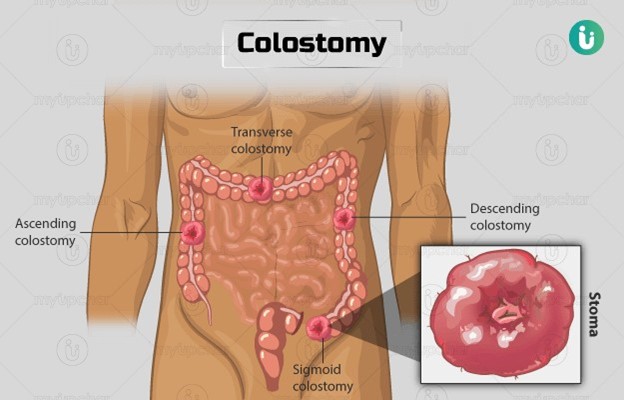Nurses' Notes Postoperative Day 3 0900:
The client reports pain at the surgical incision site as 5 on a scale of 0 to 10. The client reports bladder fullness. Perineal dressing intact with minimal serosanguinous drainage. The client transferred out of bed to a chair independently. Extremities cool and dry with 2+ peripheral pulses.
1300:
The client reports abdominal cramping and small, hard, painful bowel movements after lunch. Ambulating independently in the hallway. Reports pain as 8 on a scale of 0 to 10. Urinary catheter intact with 100 mL/hr. of pink urine.
Select the 2 actions the nurse should prepare to take for the client.
Irrigate the indwelling catheter with 500 mL of fluid.
Assist the client with a seat bath.
Encourage oral fluid intake.
Administer an enema.
Encourage prolonged dangling before ambulation.
Correct Answer : B,C
A. Not indicated and could lead to complications.
B. The client reports abdominal cramping and a small, hard, painful bowel movement. A sit bath can help provide relief and comfort to the perineal area, which can be beneficial after experiencing bowel discomfort.
C. The client reports pain and has had a small, hard, painful bowel movement. Encouraging oral fluid intake helps prevent dehydration and can soften the stool, making it easier to pass and reducing the risk of constipation.
D. Not necessary or appropriate without further assessment.
E. Not necessary and may not provide any additional benefit in this context.
Nursing Test Bank
Naxlex Comprehensive Predictor Exams
Related Questions
Correct Answer is B
Explanation
This statement shows that the client understands the importance of monitoring the color of the stoma and seeking medical attention if any concerning changes occur. A purple or dark discoloration of the stoma can indicate inadequate blood supply to the area, which requires immediate medical evaluation.
"I will irrigate the colostomy every day." Colostomy irrigation is not typically done every day. It is a procedure used for some individuals with specific types of colostomies to establish a regular bowel movement pattern. The frequency and need for colostomy irrigation should be discussed and determined with the healthcare provider.
"I should expect my stool to be formed." Depending on the location and type of colostomy, the consistency of stool can vary. In the case of an ascending colostomy, the stool is usually liquid or semi-liquid because it is closer to the beginning of the large intestine. Expecting formed stool with an ascending colostomy would not be accurate.
"I will no longer be able to eat nuts." The ability to eat nuts or any other specific foods will depend on individual tolerance and the advice of a healthcare provider. In general, having a colostomy does not mean that all foods need to be eliminated from the diet. A well-balanced and varied diet can still be maintained with appropriate consideration for individual preferences and any dietary restrictions based on the specific situation.

Correct Answer is A
Explanation
A. Correct. An incident report should be completed for any unintended event or situation that could have resulted or did result in harm to a patient. Administering the wrong dose of medication falls under this category.
B. Incorrect. The nursing care plan is a comprehensive outline of a patient's care needs and interventions and is not the appropriate place to document a medication error.
C. Incorrect. The provider's progress notes are meant to document the patient's condition, care, and progress, but they are not used to document medication errors.
D. Incorrect. The controlled substance inventory record is used to track the dispensing and administration of controlled substances, not to document medication errors.
Whether you are a student looking to ace your exams or a practicing nurse seeking to enhance your expertise , our nursing education contents will empower you with the confidence and competence to make a difference in the lives of patients and become a respected leader in the healthcare field.
Visit Naxlex, invest in your future and unlock endless possibilities with our unparalleled nursing education contents today
Report Wrong Answer on the Current Question
Do you disagree with the answer? If yes, what is your expected answer? Explain.
Kindly be descriptive with the issue you are facing.
